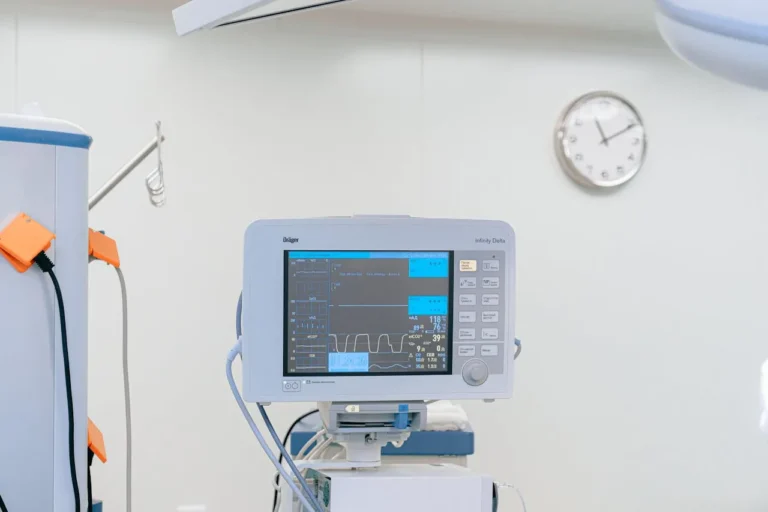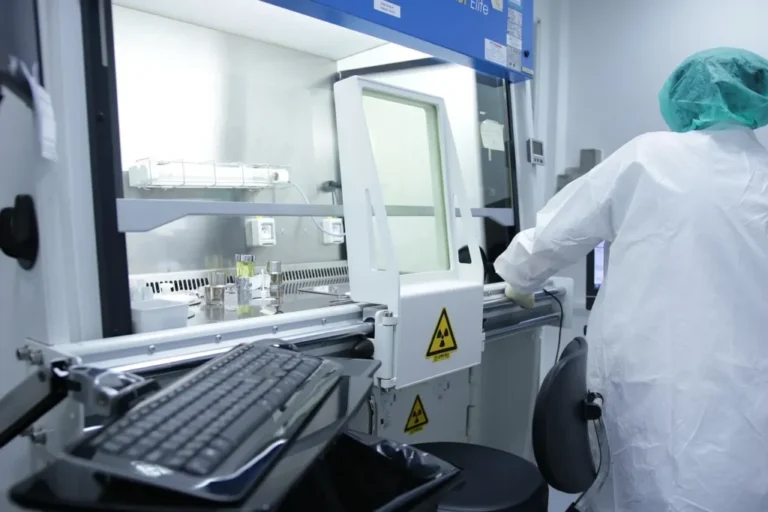
Vektor Medical, a pioneer in non-invasive arrhythmia analysis technology, is proud to highlight two studies showcasing vMap®’s novel application in the analysis and treatment of ventricular arrhythmias. Both studies are being presented by Dr. Gordon Ho, Associate Professor of Medicine at UC San Diego Health.
In the first study, “Outcomes of Prospective Computational 12-Lead ECG Mapping to Guide Ablation of Unstable Ventricular Tachycardia,” Dr. Ho addresses the challenge of mapping and ablating unstable ventricular tachycardia (VT) with high recurrence rates and demonstrates vMap’s capability at localizing VT and improving the success of ablation procedures. In 32 consecutive VT patients, 26 had unstable VT. All 26 unstable VT patients successfully underwent vMap’s arrhythmia analysis and received guided VT ablation. At a mean follow up of 7.5 months, the research found a 99% reduction in total ICD shocks. The study concluded that vMap-guided ablation of unstable VT was associated with significantly decreased VT recurrence or death compared to standard controls (p=0.01).
In the second study, “Novel Pre-Operative Non-Invasive Computational 12-Lead ECG Mapping to Facilitate Surgical Ablation of Ventricular Arrhythmias,” Dr. Ho introduces a novel workflow that utilizes pre-operative use of vMap to localize ventricular arrhythmias in patients undergoing cardiac surgery. In the study, patients with pre-existing VT, VF, or PVCs had their arrhythmia analyzed pre-procedurally by vMap and were then surgically ablated using either cryoablation or irrigated RF ablation. Follow up was performed with event monitors or ICD monitoring. The study showed that vMap’s use was associated with a 100% decrease in VT/VF episodes and a 97.2% reduction in PVC burden at median 9.5 months of follow-up.
“These studies exemplify the strides we are taking to advance the care of patients with ventricular arrhythmias. The success of the second study, utilizing pre-operative mapping and analysis with vMap to pinpoint arrhythmias and achieving a remarkable 100% reduction in VT/VF episodes, is a testament to the potential impact vMap can drive,” stated Dr. Ho. “These findings hold the promise of revolutionizing the way we approach managing ventricular arrhythmias and we look forward to further expanding these studies with a larger cohort to continue pushing the boundaries of cardiac care.”
Source link : https://www.businesswire.com/




